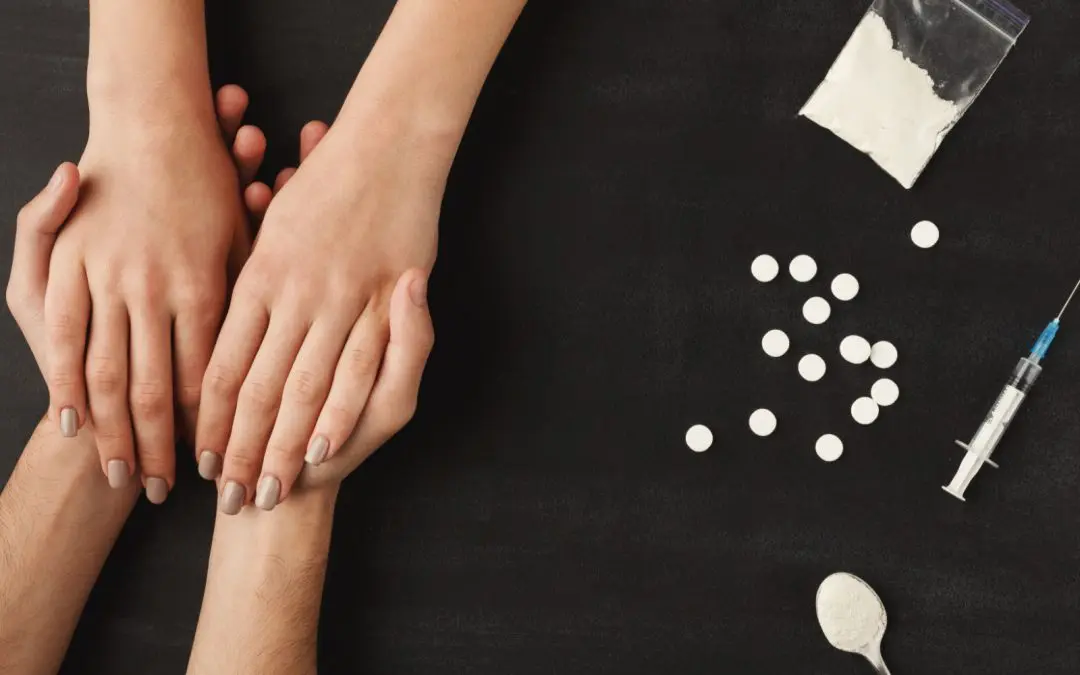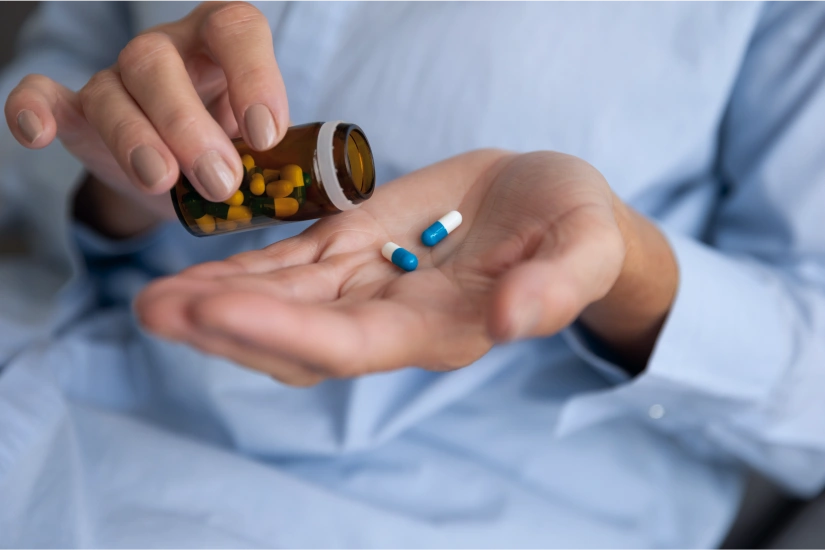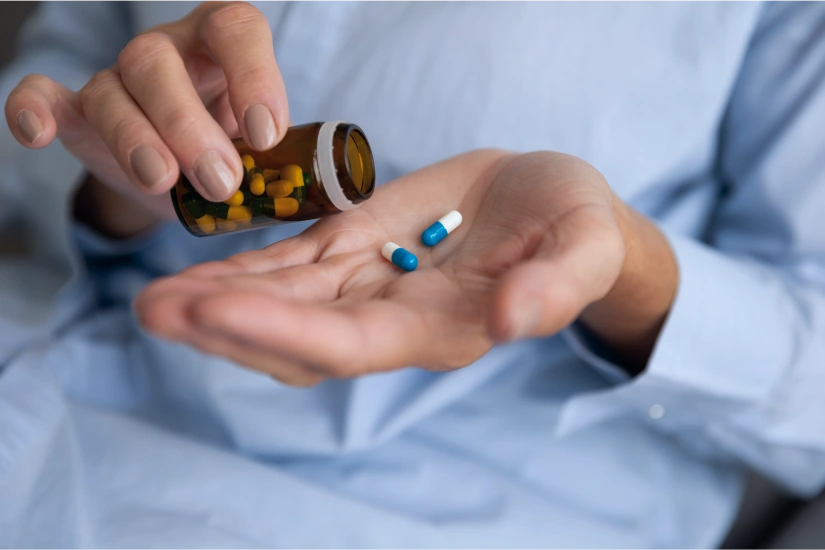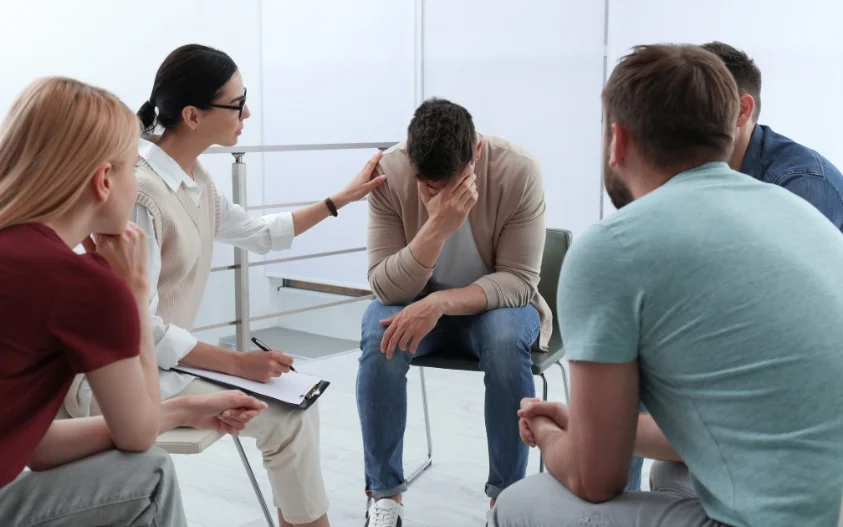24/7 Helpline:
(866) 899-221924/7 Helpline:
(866) 899-2219
Learn more about PTSD Treatment centers in Jackson
PTSD Treatment in Other Cities
Other Categories in Jackson

Other Insurance Options

EmblemHealth

CareFirst

WellCare Health Plans

Access to Recovery (ATR) Voucher

Lucent

Group Health Incorporated

MHNNet Behavioral Health

United Health Care

WellPoint

Self-pay options

Anthem

Private insurance

Molina Healthcare

Optum

Sliding scale payment assistance

Aetna

Multiplan

Choice Care Network

MVP Healthcare

Carleon














